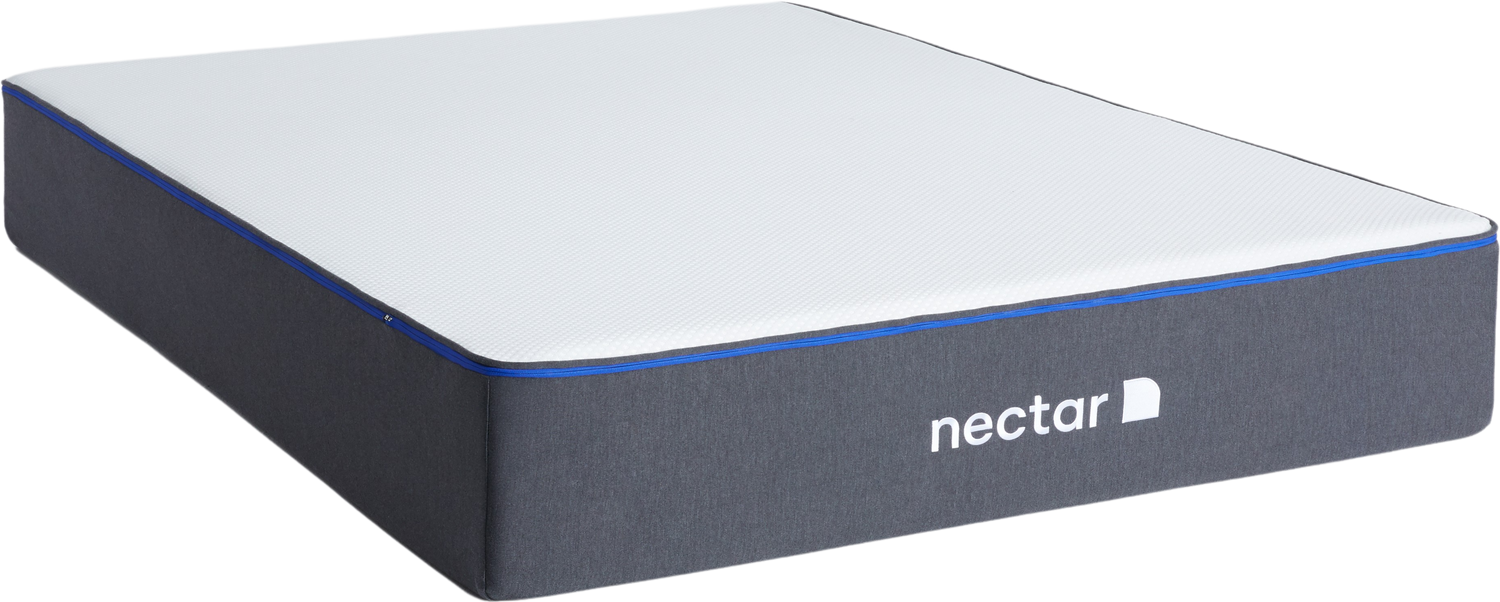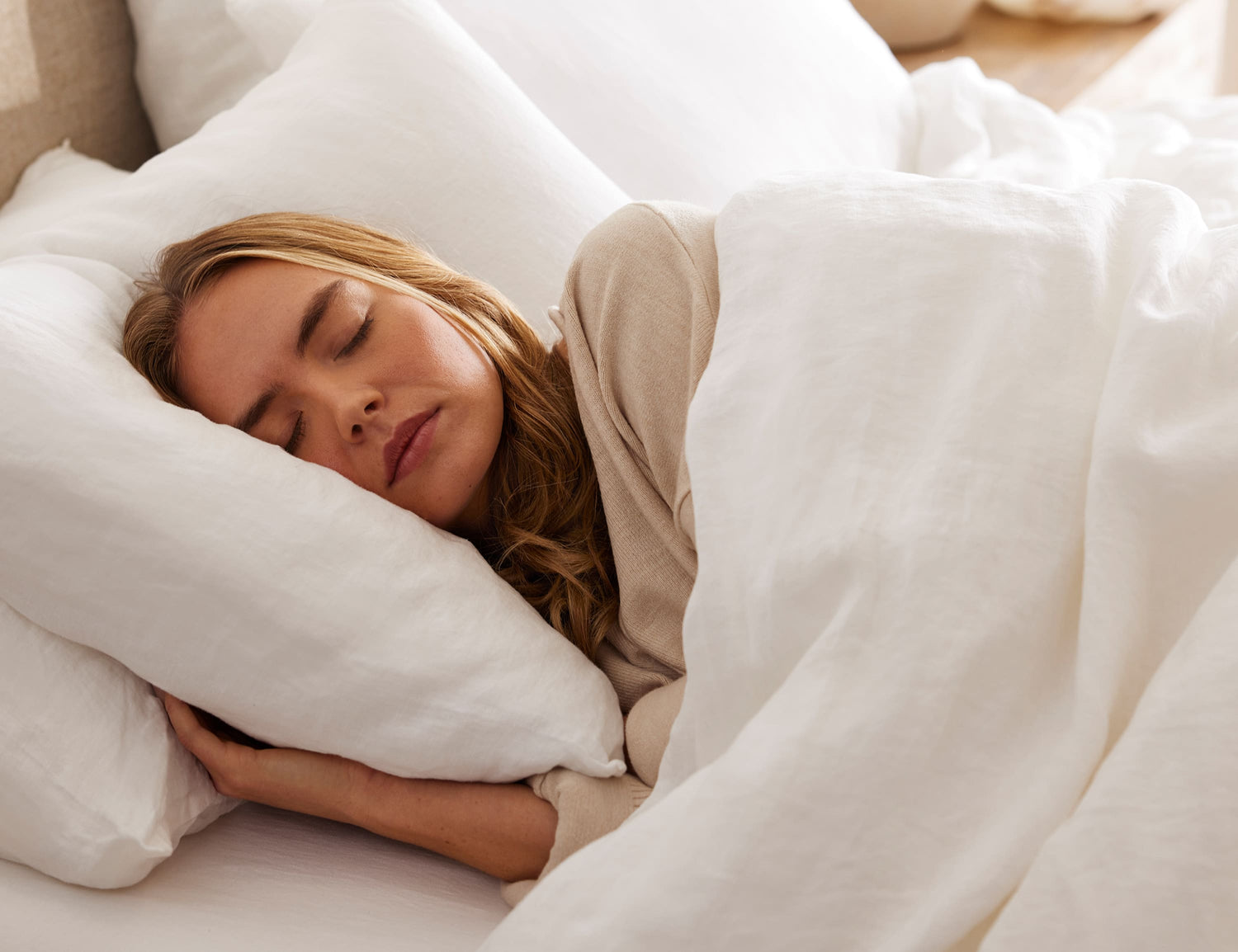So… what actually are night sweats?
In simple terms, night sweats are episodes of excessive sweating while you sleep. We’re not talking about being a little warm after a heavy duvet or central heating on full blast. Night sweats mean you wake up drenched, often needing to change your PJs or bedding.
They can be mild and occasional, or they can hit night after night, leaving you exhausted, cranky, and desperate for a solid stretch of sleep.
Why do I have night sweats?
There are loads of possible reasons. Stress, certain medications, infections, even spicy food before bed can trigger them. But for millions of women, the big culprit is menopause (and perimenopause — the stage leading up to it).
Night sweats + menopause
During menopause, your hormones — particularly oestrogen — take a bit of a rollercoaster ride. These changes can mess with your body’s thermostat, tricking your brain into thinking you’re overheating when you’re not. Cue: hot flushes and night sweats.
And while a hot flush during the day is annoying enough, waking up at 2am drenched and shivery because the sweat’s cooling on your skin? That’s next-level disruptive. Night sweats are one of the most common — and most frustrating — menopause symptoms.
How do night sweats affect sleep?
The obvious one? They wake you up. Repeatedly. But beyond the broken sleep, there’s the knock-on effect: fatigue, low energy, irritability, brain fog… basically, all the stuff that makes day-to-day life harder than it needs to be.
And here’s the kicker: poor sleep makes other menopause signs and symptoms — like anxiety, mood swings, or low concentration — even worse. It’s a bit of a vicious cycle.
How to stop night sweats
Sadly, there’s no magic “off switch” — but there are ways to take back control. Start with your environment: keep your bedroom cool, swap to breathable cotton or moisture-wicking bedding, and wear light pyjamas. Lifestyle tweaks like cutting down on caffeine, alcohol, and spicy food in the evening can help too. Some women swear by relaxation before bed — think meditation, deep breathing, or a gentle stretch. And if your night sweats are linked to menopause, it’s worth talking to your doctor.
The bottom line
So, what are night sweats? More than just a bit of sweating at night — they’re a very real, very common symptom of menopause (and perimenopause) that can seriously mess with your sleep and wellbeing.
But you’re not alone, and you don’t have to just put up with them. From lifestyle changes to medical support, there are ways to keep your nights (and your sheets!) a whole lot drier.
Because let’s be honest — we all deserve to wake up refreshed, not wrung out.
This blog post is for informational purposes only and does not constitute medical advice. If you have concerns about your sleep, health, or wellbeing, please consult your GP or a qualified healthcare professional. The views expressed in this post are those of the author and are intended to share general insights, not to diagnose or treat any condition.




